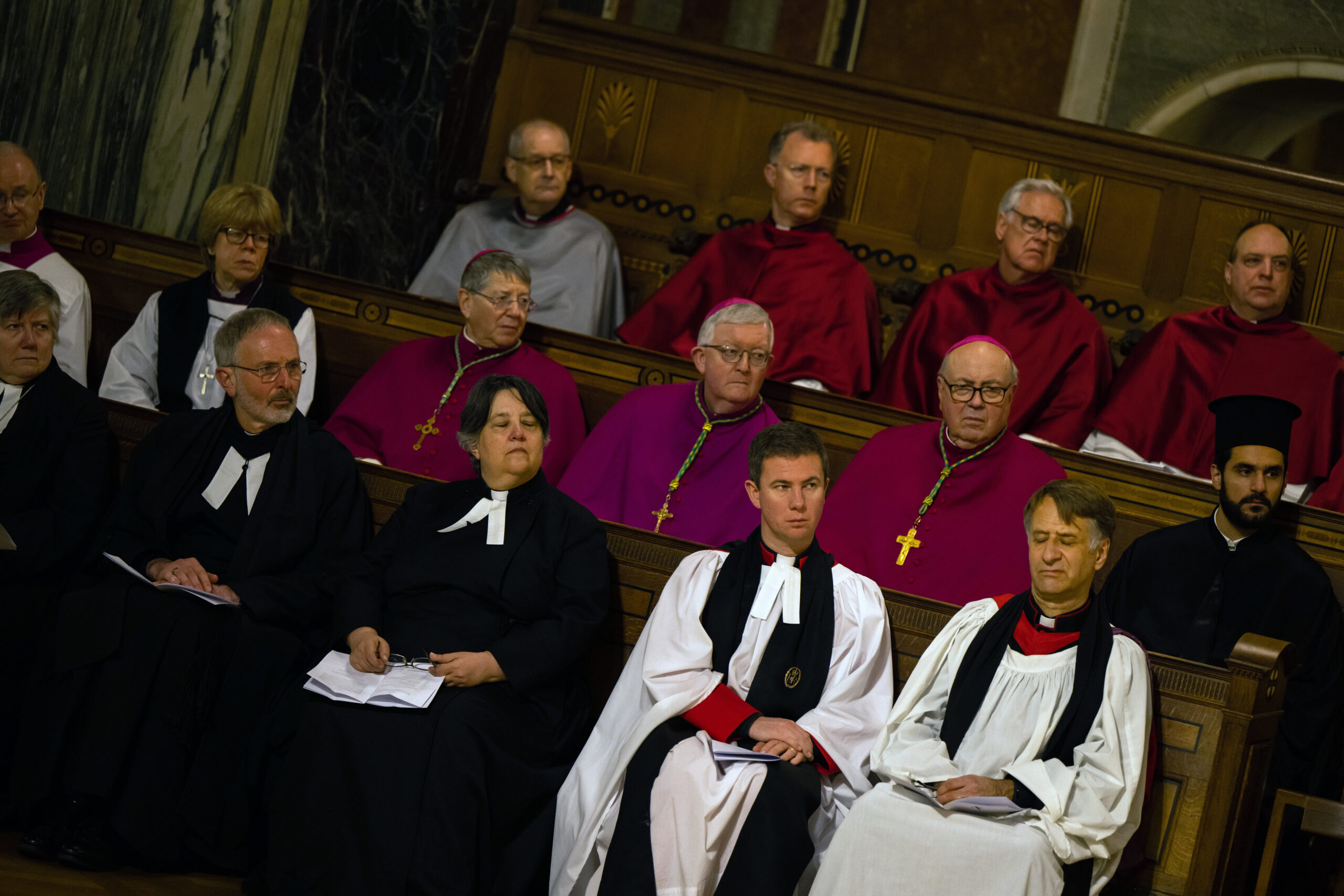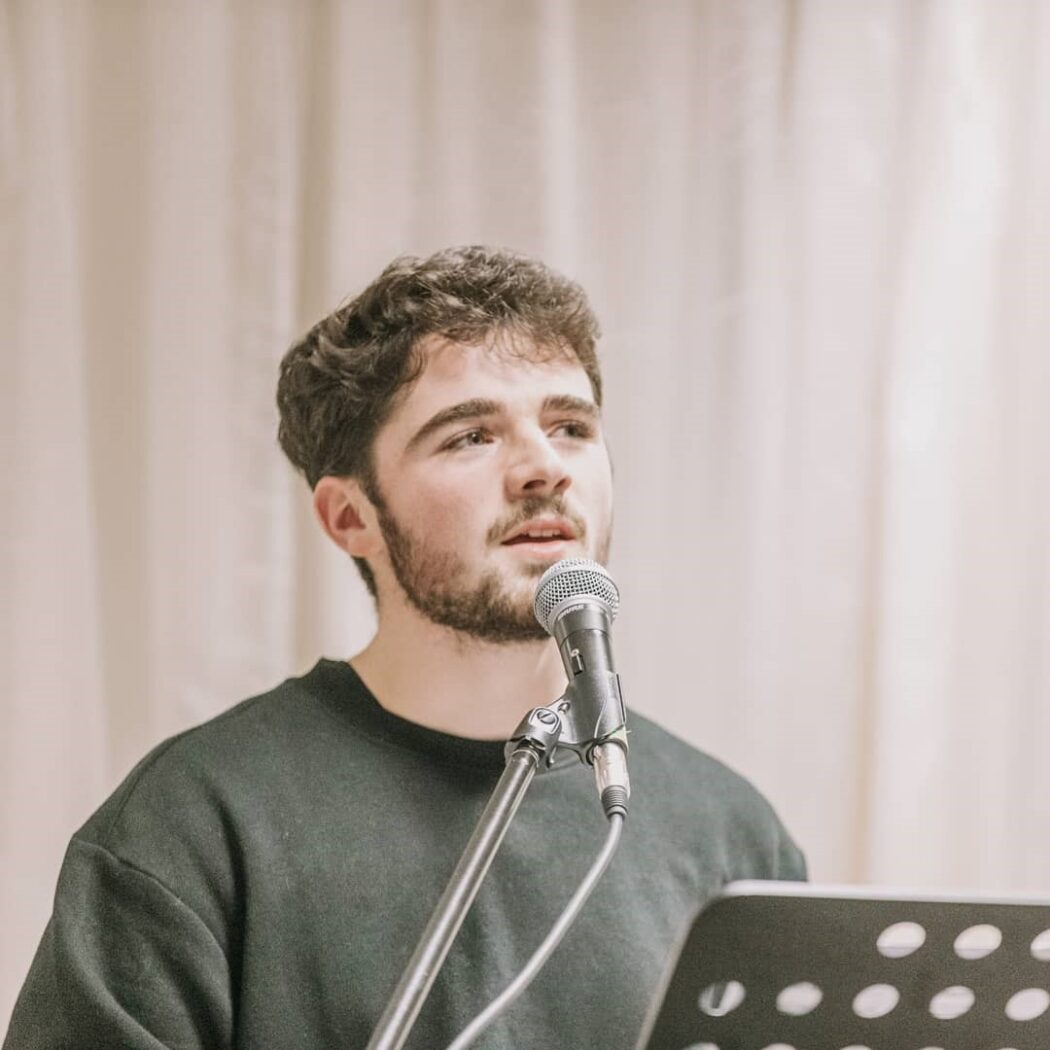
Last week, Christians across Great Britain and Ireland joined together in praying for unity within and across denominations. This hope is not arbitrary, but rather comes from a desire to fulfil the words of Christ where he prays; ‘May they all be one. Father, may they be one in us as you are in me and I am in you, so that the world may believe it was you who sent me.’ (Jn 17:20-21)
A high calling and one that I fear is often misinterpreted.
As Catholics, the central focus in our quest for unity is Christ in the Eucharist. As the late Pope Benedict XVI makes clear in his book Called to Communion, the mystical unity of the Church as the ‘Bride of Christ’ (Ep 5:22-33) comes about through our partaking of the Eucharist. Through this, Jesus, the Bridegroom, offers himself up, saying ‘this is my body which is given for you’ (Lk 22:19). Then, in an act of spiritual consummation, we are joined to him making us ‘no longer two but one flesh.’ (Mt 19:6)
This spousal concept of unity is not only beautiful, but reveals much of what humanity is made for. We are joined together, not only as creatures worshipping our creator, but because our ultimate destiny is to be truly one with him.
As Athanasius put it, ‘God became man so that man might become God’.
Nevertheless, though beautiful and revelatory, it is hard to see what it might look like in the context of our fractured churches, both internally and in the wider ecumenical dialogue. In my experience, this leads to the formation of two camps.
Some envision it looking more like uniformity: a Christian collective with one liturgical tradition, one charism, one set of devotions etc. Others use the term with an ever broadening set of boundaries.
Ironically, both camps seem to aggravate each other and in response, they tighten or loosen their concepts of where the boundaries of orthodoxy lie.
The solution ultimately can only be found by the grace of God, and by our willingness to cooperate with it.
Unity can only come about through an active curiosity, study and dialogue rooted in truth. This truth, which is found in and lived through union with Christ, is often far broader than some of us desire. But its boundaries may also be narrower that what others want to believe.
The path to Christian unity must be one of adventurous pursuit of these boundaries, carefully shepherding those who fall outside and welcoming them in, with Christ the bridegroom as our central anchor.

Daniel Turner is the Content and Communications Officer for the think tank Theos and a producer for The Sacred Podcast. You can find him on Twitter @Dan_TG_Turner or contact him directly by emailing daniel.turner@theosthinktank.co.uk
Subscribe to our Newsletter
Sign up to receive a newsletter from Westminster Youth Ministry: